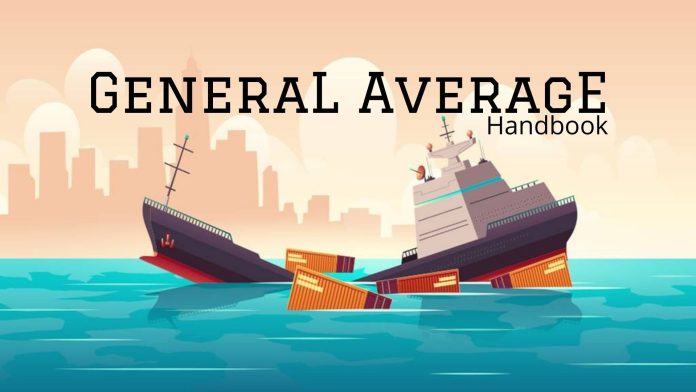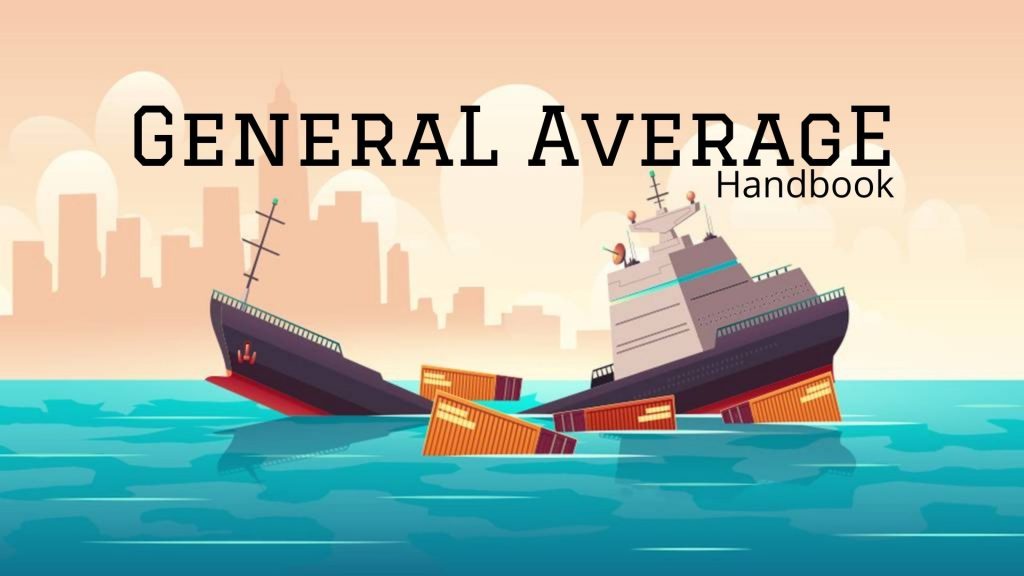
(www.MaritimeCyprus.com) Every sea voyage is a maritime adventure. All parties interested in the adventure share certain risks. For instance, if a laden vessel grounds, and the shipowner incurs the expense of refloating her and bears the damage to her hull and propeller in the course of refloating, the shipowner will be entitled to contribution from the cargo interest representing the value of the cargo saved by the exercise against the value of the vessel saved by the exercise.
The refloating exercise is a general average incident, the loss suffered by the shipowner by the refloating exercise is a general average loss and the contribution that the cargo pays the shipowner is called a general average contribution. The refloating cost covered here includes the failed attempts to refloat before a successful attempt is made. Similarly, ransom paid to pirates to have the ship and the cargo is recoverable in general average in the applicable proportion. The same is true where the engine breaks down and the cost of towing the laden vessel to a place of safety is incurred.
However, an exception is that if an incident like breakdown or grounding happened because of an actionable fault of the shipowner, it will not be entitled to claim a general average contribution for the costs consequent upon the breakdown or grounding. For example, if the carriage was subject to the Hague-Visby Rules, which imposes the duty on the shipowner to exercise due diligence to ensure the vessel is seaworthy at the beginning of the voyage, and the vessel was not seaworthy by want of due diligence on the shipowner’s part, then the shipowner will not be entitled to the contribution.6 Similarly, where some cargo is jettisoned to lighten the vessel to save the rest of the cargo and the vessel, the owners of the jettisoned cargo will be entitled to a general average contribution from the other cargo and the vessel.
A general average act arises where a party to a maritime adventure makes an extraordinary expenditure or sacrifice in time of peril to preserve the property in peril in the common adventure. General average is a millenniums-old concept of mutual insurance in common maritime adventures which has survived the subsequently emerged concepts of commercial insurance. In the era of commercial insurances, the general average contribution payable by the cargo interest will be paid by the cargo insurers, while the general average contribution to be made by the shipowner will be met by the hull and machinery (H&M) insurers. Having said that it must not be overlooked that it is not uncommon for importers to underestimate the importance of insurance and have their cargoes transported without an insurance cover.
This handbook presents the law, rules and practice relating to general average. Numerous cases on the subject are included. The first two chapters include an introduction and a brief analysis of s 66 of the UK Marine Insurance Act 1906. The subsequent chapters address specific subjects of general average that have often come into question, namely costs of repairs and other costs incurred at a port of refuge; substituted expenses and piracy; exception where the general average incident was caused by the actionable fault of a party; and time limit. They discuss these specific subjects both from the perspective of the common law/the Act and York Antwerp Rules. The chapter before the last contains an outline of the York Antwerp Rules 2016, rule by rule, in a summary form. The last chapter is an appendix of summary of general average cases decided by the English courts in the last decade from 2012 to 2021.
You can Download the General Average Handbook below:
Source: Dr. Arun Kasi














